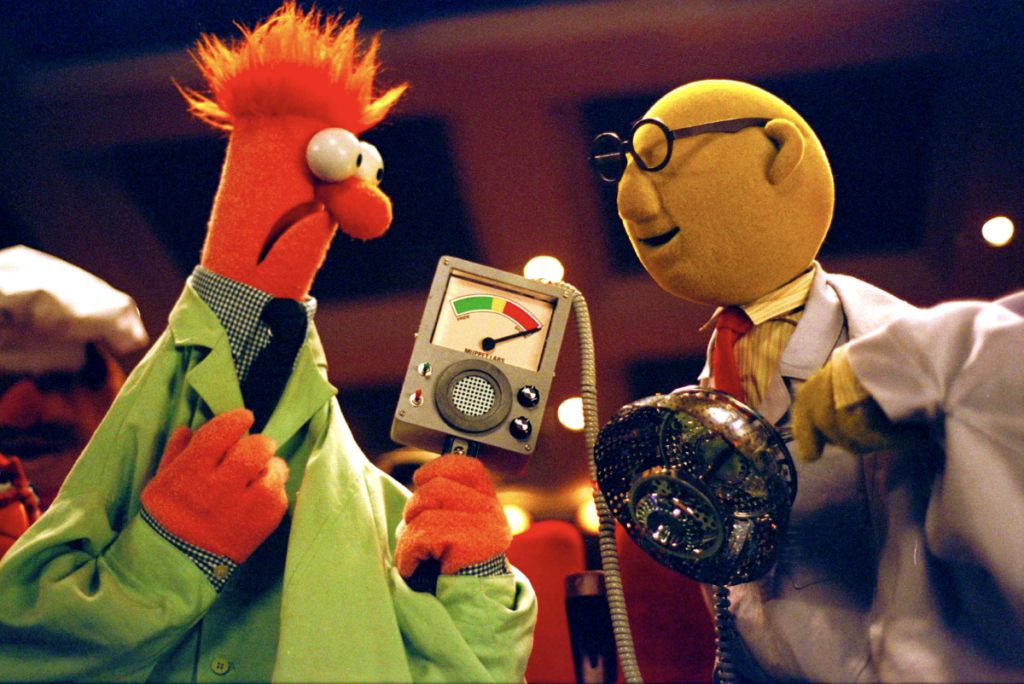Games. Work. Education. The so-called metaverse has been tapped to transform them all, and more. But will it be evenly distributed?
The metaverse is a fancy name for augmented and virtual-reality spaces, accessed (for the most part) via expensive headsets. Yes, you can also sometimes use your phone, but it’s not as cool or immersive. The metaverse is genuinely exciting, but I can’t help wondering how it’s going to pan out. I worry about Big Tech getting it in a headlock. I worry about government and society keeping up with the exponential pace of change. I worry about the kids, not to mention the slower, more cumbersome generations above them. Let me explain by way of three observations.
- A friend’s house. My 14-year-old son, immersed in VR for the first time, flails like a short seller during the 1987 stock market crash, sending a much-loved Sex Pistols poster crashing off the wall. It’s New Year’s Day. I’m alerted to this terrible incident by the sound of smashing glass and a wail of despair from the poster’s owner. Monstrously hungover, I struggle down the stairs like a scuba diver descending into the hull of a wrecked ship. My son’s rueful face is revealed beneath the googles. Yes, I think to myself – these new virtual worlds may be potent and, for some, all-consuming, but at what price?
- Over the weekend I listened to an episode of BBC’s Desert Island Discs, in which the American poet Maya Angelou describes her experience of going to the cinema as an eight-year-old in the Deep South of the 1930s. Behind her window, the ticket seller required each black patron to put their dime into a cigar box, so that she would not have to handle the coins that they had touched. And then the black kids were made to take a rickety outside staircase that led to a slanting, dirty space called the buzzards’ roost, said Angelou, while the white kids went through the front door to take up seats directly before the glowing screen. Her moving story makes me think of the ways in which access to media can be controlled, of the hidden costs of entry. It makes me think of the builders and the gatekeepers.
- The company formerly known as Facebook is positioning itself as a principal architect of the metaverse, which it defines as “the next evolution of social connection.” The metaverse “will be created by people all over the world, and open to everyone,” gushes its website. “3D spaces in the metaverse will let you socialize, learn, collaborate and play in ways that go beyond what we can imagine.” These are laudable, soothing goals, for sure, but just how far can we trust them? I’m inclined to think suspension of disbelief may involve hazily waking up to the equivalent of a smashed and irreplaceable Sex Pistol’s poster. But, just perhaps, those old guys had it coming, sent on their way in an explosion of chaos that would make Jonny Rotten proud. Either way, a new, anarchic wave is coming.




